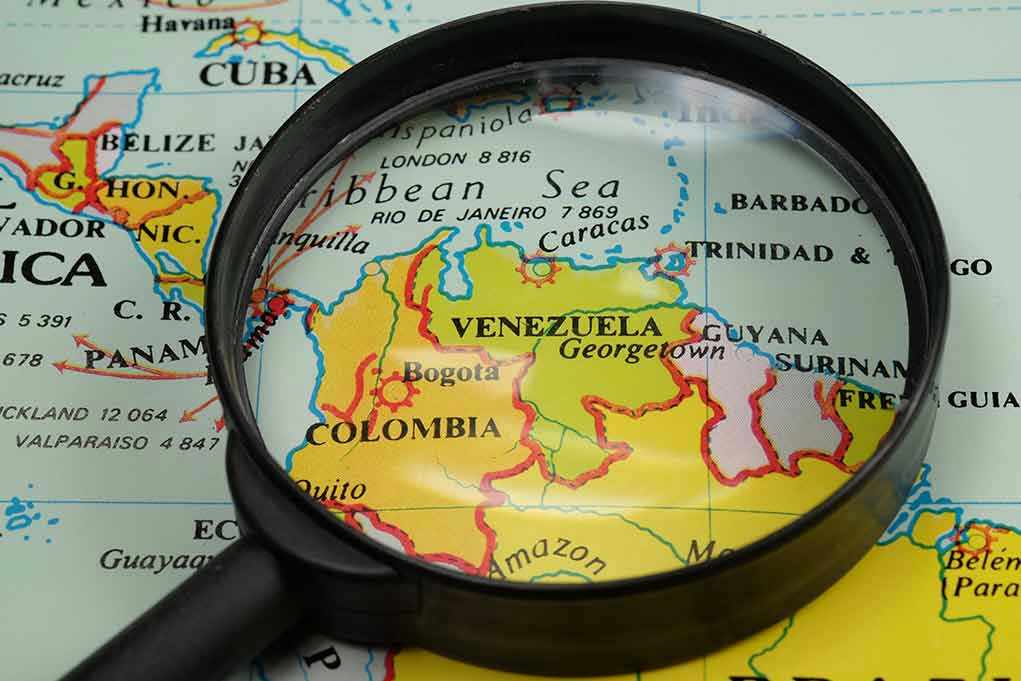
U.S. lawmakers have taken a bold stance against what they see as a gross overreach by Colombia’s judiciary in the conviction of former President Álvaro Uribe, sparking widespread international debate.
At a Glance
- Álvaro Uribe, former Colombian president, found guilty of bribery and witness tampering by Judge Sandra Heredia.
- U.S. Congress members denounce the conviction, citing judicial overreach and questioning Colombia’s legal system’s impartiality.
- The conviction is the first of its kind for a Colombian ex-president, amid a backdrop of Uribe’s alleged paramilitary ties.
- The case underscores tensions between judicial independence and political influence in Colombia and beyond.
Historic Conviction Sparks Outrage
On July 28, 2025, a Colombian court made headlines around the world by convicting former President Álvaro Uribe of bribery and witness tampering. This unprecedented decision, handed down by Judge Sandra Heredia, marks the first time a Colombian ex-president has faced criminal conviction. Uribe’s legal troubles began over a decade ago and are deeply rooted in Colombia’s complex history of conflict and paramilitarism. The ruling has not only sent shockwaves through Colombia but has also drawn fierce criticism from U.S. lawmakers who see this as an alarming example of judicial overreach.
U.S. Congress members took to social media almost immediately to denounce the verdict, labeling it a politically motivated move that undermines the credibility of Colombia’s judiciary. They argue that the case against Uribe reflects a troubling trend of using the judicial system to settle political scores, a sentiment echoed by many of Uribe’s supporters both in Colombia and abroad. The conviction has intensified an existing political divide in Colombia, with ramifications that are sure to reverberate far beyond its borders.
Background and Context
Álvaro Uribe served as Colombia’s president from 2002 to 2010, during which he spearheaded a U.S.-backed campaign against guerrilla groups and drug cartels. His tenure was controversial, marked by significant security gains but also persistent allegations linking him to right-wing paramilitary groups responsible for human rights abuses. The legal saga began in 2012 when Uribe accused Senator Iván Cepeda of fabricating evidence to tie him to paramilitary forces. The tables turned in 2018 when the Supreme Court cleared Cepeda and opened an investigation into Uribe for witness tampering.
The conviction is a critical test of Colombia’s judicial independence, especially given the political pressure surrounding cases involving influential figures like Uribe. The U.S. has historically supported Uribe, complicating the international response to his prosecution. As the case proceeds to appeals, the stakes remain high, not just for Uribe but for the future of Colombia’s judicial and political landscape.
U.S. Lawmakers Weigh In
U.S. lawmakers have not been shy about expressing their discontent with the ruling. Their criticism highlights concerns about the impartiality of Colombia’s legal system and the potential for judicial decisions to be influenced by political agendas. This intervention by U.S. Congress members in a foreign judicial matter underscores the geopolitical significance of the case, reflecting broader U.S. interests in Colombia’s stability and bilateral relations.
The public statements from U.S. officials, including Secretary of State Marco Rubio, who described the ruling as a “weaponization of Colombia’s judicial branch by radical judges,” reveal the depth of concern among American lawmakers. These reactions also highlight the enduring influence of U.S.-Colombia relations, particularly during Uribe’s presidency, when cooperation between the two nations reached its peak.
Looking Ahead
As Uribe’s legal team prepares to appeal the conviction, the political and social ramifications continue to unfold. The case has polarized political discourse in Colombia, with Uribe’s allies and human rights advocates locked in a battle over the implications of the ruling. For some, the conviction represents a step forward in holding powerful figures accountable, while others see it as a dangerous precedent that could undermine judicial independence if political backlash intensifies.
In the short term, this heightened political polarization may have economic and social consequences, affecting investor confidence and deepening societal divisions. In the long run, the outcome of Uribe’s appeal could set a precedent for prosecuting high-level officials in Colombia, influencing judicial reform debates and anti-corruption efforts across Latin America.




